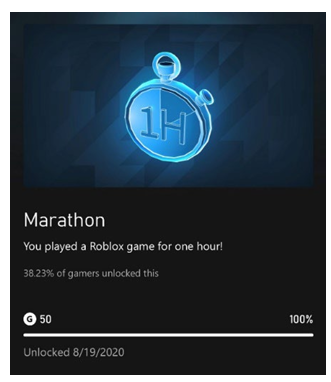Lawsuit Claims Minecraft, Fortnite Are Addictive to Minors, Causing Psychological and Developmental Damage
by Chloe Gocher
Sawyer v. Epic Games, Inc. et al.
Filed: April 8, 2025 ◆§ 2:25-cv-04755
A class action lawsuit claims that Epic Games and Microsoft falsely market their games as safe despite research claiming they are addictive to minors.
California
A new lawsuit alleges Epic Games, Microsoft and other developers falsely market their games as safe for young users despite research concluding that playing games like Fortnite, Roblox and Minecraft can cause children to develop video game addictions resulting in mental, physical and emotional damage and developmental issues.
Want to stay in the loop on class action lawsuits that matter to you? Sign up for ClassAction.org’s free weekly newsletter.
The 87-page lawsuit claims that Epic Games, Microsoft and dozens of as-yet-unnamed co-defendants design their games and the platforms on which they are played with “intentionally addictive” features in order to drive game downloads and in-game microtransactions. Per the case, the defendants’ games are primarily or almost exclusively marketed toward minors, on whom addictive features are known to have an especially detrimental impact.
“Rather than taking necessary steps to mitigate the known risks associated with prolonged exposure of minors to video games, Defendants intensified the problem by causing and profiting from youth addiction,” the case charges, calling the companies’ strategies “extremely lucrative.”
Related Reading: Video Game Addiction Lawsuits
Citing an article published by the American Psychological Association in its 1988 Annual Review, the lawsuit defines addiction as “a repetitive habit pattern that increases the risk of disease and/or associated personal and social problems,” behavior which “contrives to occur despite volitional attempts to abstain or moderate use.” Addictions, the article states, are also typically characterized by short-term gratification that begets long-term consequences.

In light of this, the video game addiction lawsuit claims that games such as Roblox, Fortnite and Minecraft are designed to be addictive to players, particularly minors, with microtransactions and in-game, achievement-based incentives allegedly used to keep users playing and spending money. Compounding matters, the case continues, are algorithms that tailor the games’ allegedly addictive features to individual users based on their patterns of use.
The complaint also emphasizes that, for minors, addiction is proven to cause serious physical damage, such as a reduction of grey matter in the brain and emotional and developmental deficits such as an exacerbated lack of impulse control and dependence on quick dopamine hits, among other negative effects.
The lawsuit charges that any claims by the developers that the games at issues are safe for minors or have educational value are false and intentionally misleading.
Additionally, the suit alleges that the developers were negligent in failing to warn users and parents and/or guardians about these potential detriments and in failing to utilize simple, cost-effective mechanisms to counteract the allegedly addictive effects of their products. According to the case, these include accessible and effective parental controls, stronger age verification processes for users, health effects warnings displayed upon signing up for or downloading the games, and tools to restrict microtransactions with which the user engages or time spent playing the game.
The lawsuit against Microsoft, Epic Games and the other as-yet-unnamed parties seeks relief against the alleged damages caused to minor users, including developmental and psychological distress and damages, medical expenses related to problems caused by the addiction and other to-be-specified economic damages, both past and future.
Check out ClassAction.org’s lawsuit list for the latest open class action lawsuits and investigations.
Video Game Addiction Lawsuits
If your child suffers from video game addiction — including Fortnite addiction or Roblox addiction — you may be able to take legal action. Gamers 18 to 22 may also qualify.
Learn more:Video Game Addiction Lawsuit
Depo-Provera Lawsuits
Anyone who received Depo-Provera or Depo-Provera SubQ injections and has been diagnosed with meningioma, a type of brain tumor, may be able to take legal action.
Read more: Depo-Provera Lawsuit
How Do I Join a Class Action Lawsuit?
Did you know there's usually nothing you need to do to join, sign up for, or add your name to new class action lawsuits when they're initially filed?
Read more here: How Do I Join a Class Action Lawsuit?
Stay Current
Sign Up For
Our Newsletter
New cases and investigations, settlement deadlines, and news straight to your inbox.
Before commenting, please review our comment policy.